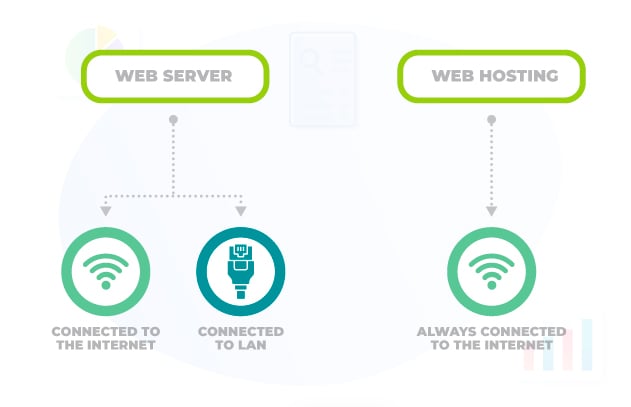Web Hosting vs Web Server: What’s the Difference?
When it comes to creating a website, two key components play a crucial role in getting your site up and running: web hosting and web servers. While these terms may sound similar, they actually serve different functions in the world of website development. In this article, we will explore the differences between web hosting and web servers, and how they work together to make your website accessible to users around the world.
Web Hosting Explained
Web hosting refers to the service that allows individuals and organizations to make their websites accessible via the World Wide Web. Essentially, web hosting is like renting space on a server where you can store all the files and data that make up your website. When someone types in your domain name in their web browser, the web host is responsible for retrieving your website files and displaying them on the user’s screen.
There are several types of web hosting options available, including shared hosting, virtual private servers (VPS), dedicated hosting, and cloud hosting. Each type of hosting plan offers different levels of storage, bandwidth, and security features, depending on your website’s needs and budget.
Web Server Explained
On the other hand, a web server is the physical computer where your website files are stored and managed. Think of the web server as a powerful computer that is always connected to the internet and responsible for serving web pages to users when they request access to your site. The web server runs software that processes requests and delivers the requested files to the user’s web browser.
There are different types of web servers available, with Apache and Nginx being two of the most popular options. These web servers are designed to handle multiple requests simultaneously, ensuring that your website loads quickly and efficiently for users around the world.
How Web Hosting and Web Servers Work Together
Web hosting and web servers work hand in hand to make your website accessible to the public. When a user types in your domain name, the request is sent to the web host, which then communicates with the web server to retrieve the necessary files. The web server processes the request, fetches the files, and sends them back to the user’s web browser, where they are displayed as a fully functional website.
Without web hosting, your website files would have nowhere to live, and without a web server, there would be no way to deliver those files to users who want to access your site. This symbiotic relationship between web hosting and web servers is essential in ensuring that your website remains operational and accessible to users at all times.
Conclusion
In conclusion, web hosting and web servers are two indispensable components of website development that work together to bring your site online. While web hosting provides the space and resources needed to store and manage your website files, web servers are responsible for delivering those files to users who request access to your site. By understanding the differences between web hosting and web servers, you can make informed decisions about the best hosting plan for your website’s needs.
